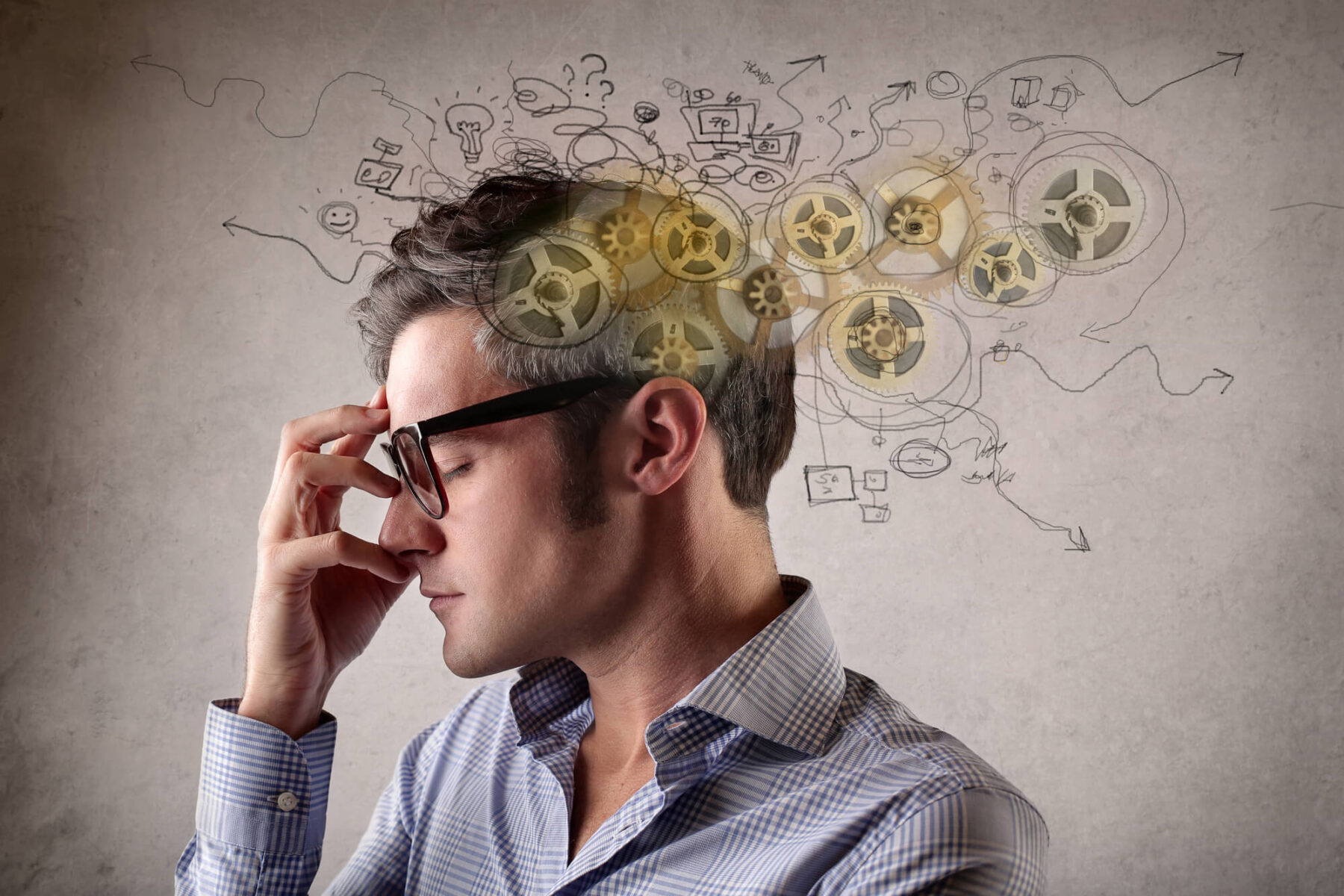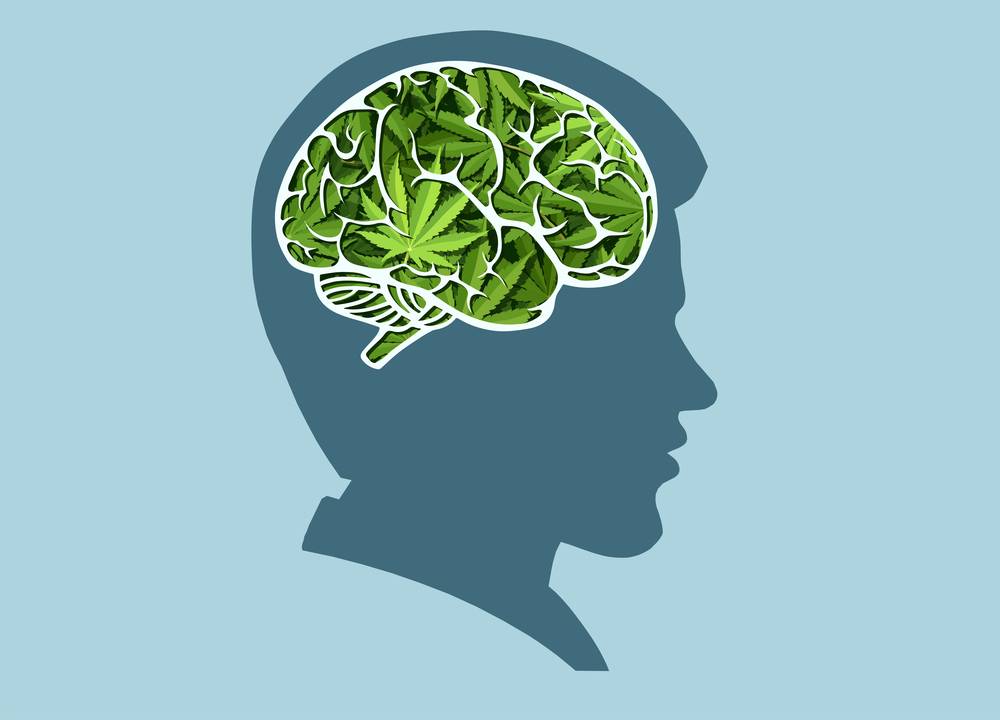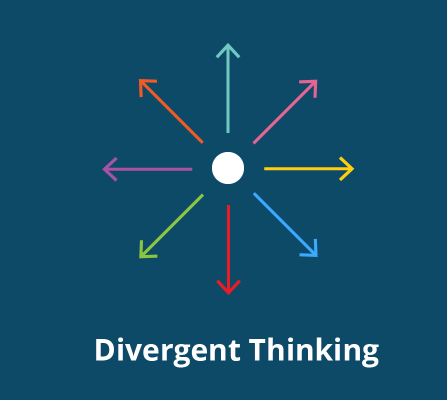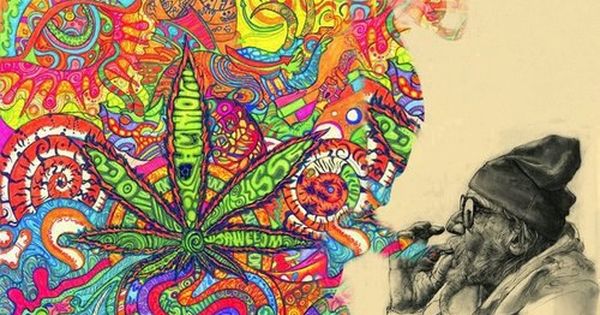News
Cannabis and Creativity: Exploring the Relationship Between Marijuana and Creative Thinking
Cannabis has been known to have various effects on the body and mind. One of the most commonly known effects is its ability to enhance creativity. Many artists, musicians, writers, and other creatives have claimed that cannabis use helps them tap into their creative potential. However, the relationship between cannabis and creativity is not fully understood. In this article, we will explore the science behind the link between marijuana and creative thinking.
The Science of Creativity

Creativity is a complex and multifaceted concept that has been studied extensively by psychologists and neuroscientists. Divergent thinking, or the ability to generate multiple solutions or ideas, is a key aspect of creativity. This type of thinking involves breaking free from conventional ways of thinking and exploring new possibilities. Insight, or the “aha” moment when a solution suddenly comes to mind, is also an important component of creativity. Associative thinking, which involves making connections between seemingly unrelated ideas or concepts, is another key feature of creative thinking. These cognitive processes are thought to involve various regions of the brain, including the prefrontal cortex, temporal lobes, and the right hemisphere. Understanding the science of creativity can help us better understand how cannabis may affect this complex cognitive process.
The Effects of Cannabis on the Brain

When THC enters the body, it binds to cannabinoid receptors in the brain, particularly in areas associated with memory, attention, and decision-making. This can lead to altered perception, mood changes, and impaired cognitive function. In contrast, CBD does not produce the same psychoactive effects as THC, and may even have some neuroprotective properties. However, research on the effects of cannabis on the brain is still in its early stages, and much remains to be understood about how different strains, dosages, and methods of use may impact cognitive function in the short and long term. Some studies suggest that moderate cannabis use may not have significant negative effects on cognitive function, but heavy or chronic use may increase the risk of memory and attention problems, especially in adolescents and young adults. Overall, the relationship between cannabis use and brain function is complex and multifaceted and depends on a range of individual factors, including genetics, age, and other health conditions.
Cannabis and Divergent Thinking

Divergent thinking is an essential aspect of creativity, as it allows individuals to explore a variety of solutions to a problem. Studies have suggested that cannabis use may enhance divergent thinking, making it a potential aid to creativity. In a study conducted at the University of California, cannabis users were found to generate more unique and creative ideas on a brainstorming task than non-users. The study also found that the more cannabis the users consumed, the more ideas they generated. However, it is important to note that the effects of cannabis on divergent thinking may vary depending on the individual, the dose consumed, and the type of creative task being performed. While cannabis may enhance creativity for some, it may also hinder it for others. As with all substances, moderation and responsible use are key to maximizing their potential benefits.
Cannabis and Insight
Insight is a crucial element in creative thinking, and cannabis has been found to enhance this aspect of thinking. The psychoactive compounds in cannabis are believed to stimulate the brain’s neural pathways, promoting new connections and insights. In a study published in the journal Consciousness and Cognition, researchers found that cannabis users were more likely to experience insight moments during a problem-solving task than non-users. The study involved participants being asked to solve a series of puzzles, and those who had used cannabis were more likely to experience sudden insights that led to the solution. While the mechanism behind this effect is still not entirely understood, it suggests that cannabis use may be beneficial for individuals who need to solve complex problems and generate creative ideas. However, it’s essential to note that excessive use of cannabis can also impair cognitive function, so moderation is key.
Cannabis and Associative Thinking
Associative thinking is a key aspect of creativity, and cannabis has been found to enhance this type of thinking. In one study, participants were given a series of unrelated words and asked to make connections between them. The study found that cannabis users were better at making these connections than non-users. This is because cannabis can help to lower inhibitions and increase the flow of ideas. When the brain is relaxed and more open to new ideas, it is easier to make connections between seemingly unrelated concepts. This can lead to more innovative and creative thinking, which is why many artists, writers, and musicians have turned to cannabis to enhance their work. However, it’s important to note that excessive use of cannabis can also lead to a decrease in focus and motivation, so it’s important to use it in moderation and a responsible manner.
The Relationship Between Cannabis and Creativity

Despite the evidence that suggests cannabis can enhance creative thinking, the relationship between cannabis and creativity is not straightforward. Some studies have found that cannabis use may impair creativity in certain contexts that require focus and cognitive control. A study published in the journal Consciousness and Cognition found that marijuana use led to a reduction in divergent thinking, which is a key component of creativity, in participants who had lower levels of creativity, to begin with. Other studies have found that cannabis use can hinder certain aspects of cognitive function, such as working memory and attention, which are also important for creative thinking. Overall, the relationship between cannabis and creativity appears to be influenced by various factors, including the individual’s baseline level of creativity, the type of creative task, and the amount and frequency of cannabis use. Further research is needed to fully understand the complex relationship between cannabis and creativity.
Final Thoughts
In conclusion, the relationship between cannabis and creativity is not a straightforward one, and more research is needed to fully understand how cannabis affects our ability to think creatively. While some individuals may experience increased creative thinking while under the influence of cannabis, others may find that it hinders their creativity. It’s important to remember that the effects of cannabis on creativity can vary from person to person, and can be influenced by factors such as dosage, strain, and context. It’s also essential to approach cannabis use responsibly and with moderation, particularly when attempting to engage in creative activities. By remaining aware of the potential benefits and drawbacks of cannabis use, individuals can make informed decisions about how they choose to incorporate cannabis into their creative pursuits.














